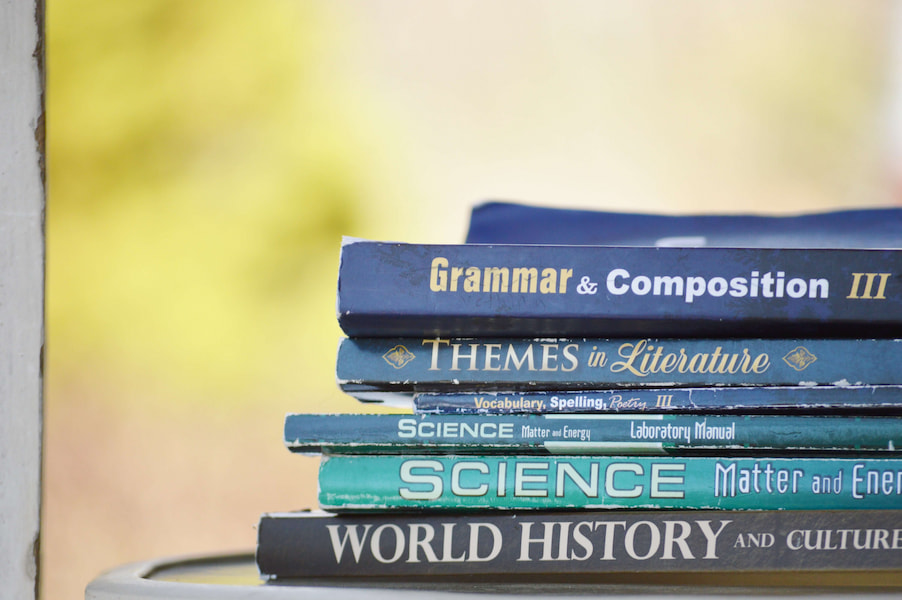IB Language A: Literature (Standard Level & Higher Level) focuses on in-depth study and interpretation of literary texts from different times and cultures. Students develop skills in close reading, analysis, essay writing, and oral commentary—essential for academic success in the IB Diploma Programme and beyond.
Course Content
- Literary Analysis: Explore the effects of structure, style, language, and literary devices across a range of genres and periods.
- Global Literary Perspectives: Study works in translation, understanding cultural contexts and perspectives.
- Comparative Study: Compare texts to draw out connections and contrasts in themes, style, and context.
- Individual Oral: Develop and deliver an oral commentary analyzing the interplay between texts and global issues.
- Essay Writing: Craft analytical and comparative essays using literary terminology and textual evidence.
Exam Structure
- Paper 1 (SL: 1 hr 30 min, HL: 2 hr) — Literary analysis of unseen texts, focusing on literary techniques, style, and meaning.
- Paper 2 (SL: 1 hr 30 min, HL: 2 hr) — Comparative essay on two studied literary works, analyzing theme, context, and literary elements.
- Internal Assessment (IA) — Individual Oral Commentary (IOC): Students deliver a 15-minute oral analysis of a passage from a studied work, linking it to global issues or course themes.
Skills Developed
- Close reading and textual interpretation
- Critical essay writing and comparative analysis
- Oral presentation and argumentation
- Research and citation
- Global awareness and cultural understanding
Who Should Take IB Language A?
- IB Diploma students seeking to fulfill Group 1 requirements
- Learners passionate about literature, languages, or humanities
- Those preparing for university studies in English, comparative literature, history, or related fields
College Credit
Many U.S. colleges grant credit or advanced placement for high scores in IB English A: Literature SL or HL. This can satisfy college-level English or literature course requirements, allowing students to advance to higher-level literature, writing, or humanities courses earlier in their college curriculum.
- SL (Standard Level): Often qualifies for introductory college literature or English courses
- HL (Higher Level): Often qualifies for first-year college-level literature, writing, or humanities courses, depending on the institution
Tips for Success
- Read all assigned texts closely and annotate key passages
- Practice writing literary analysis under timed conditions
- Develop familiarity with literary terms and critical theory
- Seek regular feedback on essays and oral presentations
- Participate in group discussions to broaden perspectives





